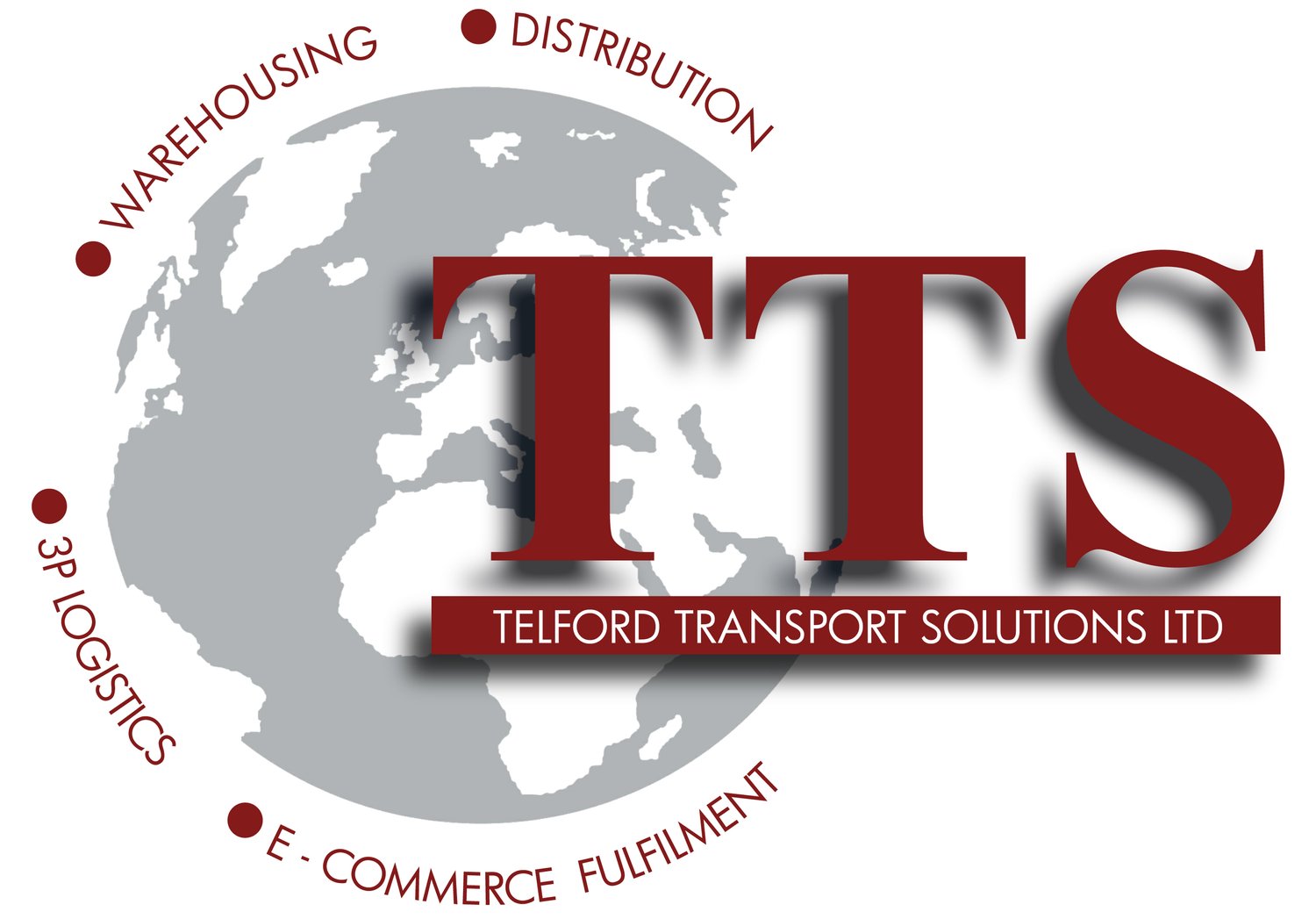TTS - 7 Considerations when Choosing your Next Logistics Partner
In today’s fast-paced business environment, selecting the right logistics partner can make or break your supply chain. However, what should you prioritise when evaluating potential integrated logistics partners? Here are five of the most crucial factors to consider:
1. Comprehensive Levels of Service – An ideal partner should provide a seamless integration of transport, warehousing and fulfilment operations. TTS, for example, offers robust 3PL solutions that ensure efficient management of inventory, reducing delays and improving customer satisfaction. The ability to scale services up or down to meet your business needs – whilst handling everything from storage to delivery with precision is vital.
2. Strategic Location and Infrastructure – Location is everything when it comes to logistics. For example, central UK, West Midlands warehousing locations, such as those offered by TTS, offers significant advantages for accessing the whole of the UK – minimising transit times and costs. This coupled with BRCGS status and advanced, real-time, inventory technology and goods tracking ensure you – and more importantly, your customers, of the best possible levels of service.
3. Technology Integration – Look for a partner that leverages cutting-edge technology to provide high levels of visibility, control and efficiency. This includes real-time tracking, automated reporting and a user-friendly client portal. Furthermore, the ability to integrate with your own systems is vital to maintaining the quality of your supply chain operation and to maintain your competitive edge.
4. Flexibility and Scalability – Business demands can fluctuate. Therefore, it is vital that you choose a partner that can adapt quickly – like TTS. TTS understands your business as well as seasonal changes and market shifts and the impact that all these have on the demands for a customer’s products.
5. Reputation and Reliability – Don’t be sold purely on a company’s sales promotions; check out what a potential partners customers have to say. Look at reviews and testimonials to gauge an accurate track record. They should, through their website, social media and other marketing tools at their disposal, be demonstrating a strong commitment to customer service as well as support to their own staff because a happy workforce is a productive and professional workforce.
6. Professional Industry Standards – A good measure of a potential logistics partners commitment to quality and levels of client service is their commitment to achieving industry recognised standards. This not only costs time and effort, but also, a high degree of financial commitment too. For example, TTS is BRCGS recognised and has a double A star rating. To achieve this, its warehouse facilities, vehicle fleet, paperwork and staff training need to be consistently maintained to an incredibly high standard and whilst BRCGS is more related to clients in the food industry, such status also acts as a clear indicator as to TTS’s levels of care and professionalism to any potential clients operating in other industries.
7. Independent Status – Whilst there are many good logistics companies that are part of an overall group, it’s fair to say that an independent logistics provider can be more flexible in terms of levels of service and pricing – this is of particular importance to startups and SME’s. Furthermore, without the cushion of a large conglomerate an independents levels of care and attention are often of a much higher focus. TTS is both proud of its independence and team spirit which sees excellent levels of communication and collaboration between all its individual departments to ensure maximum efficiency.
For a FREE consultation about your integrated logistics needs: ian@telfordtransport.co.uk
